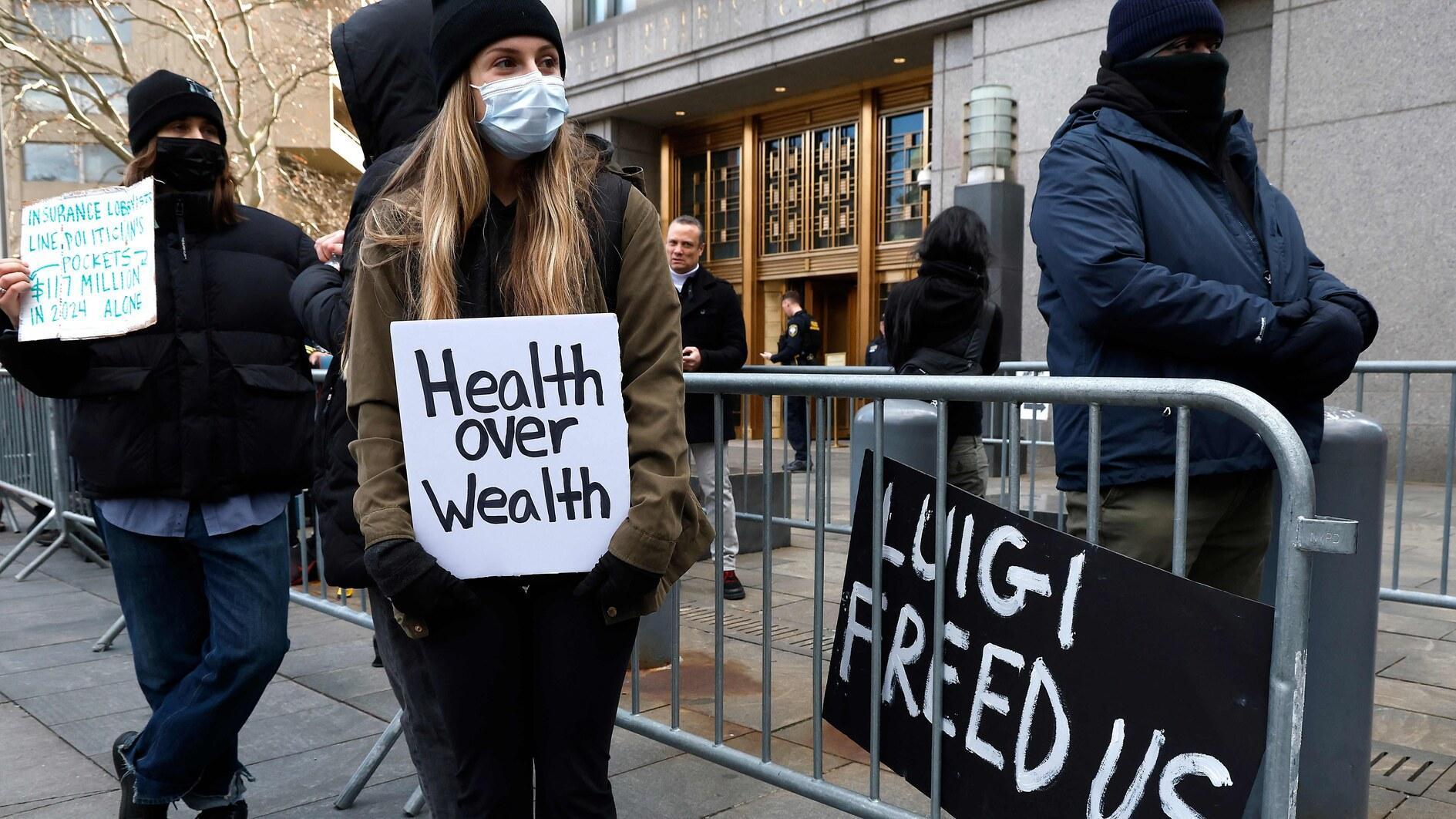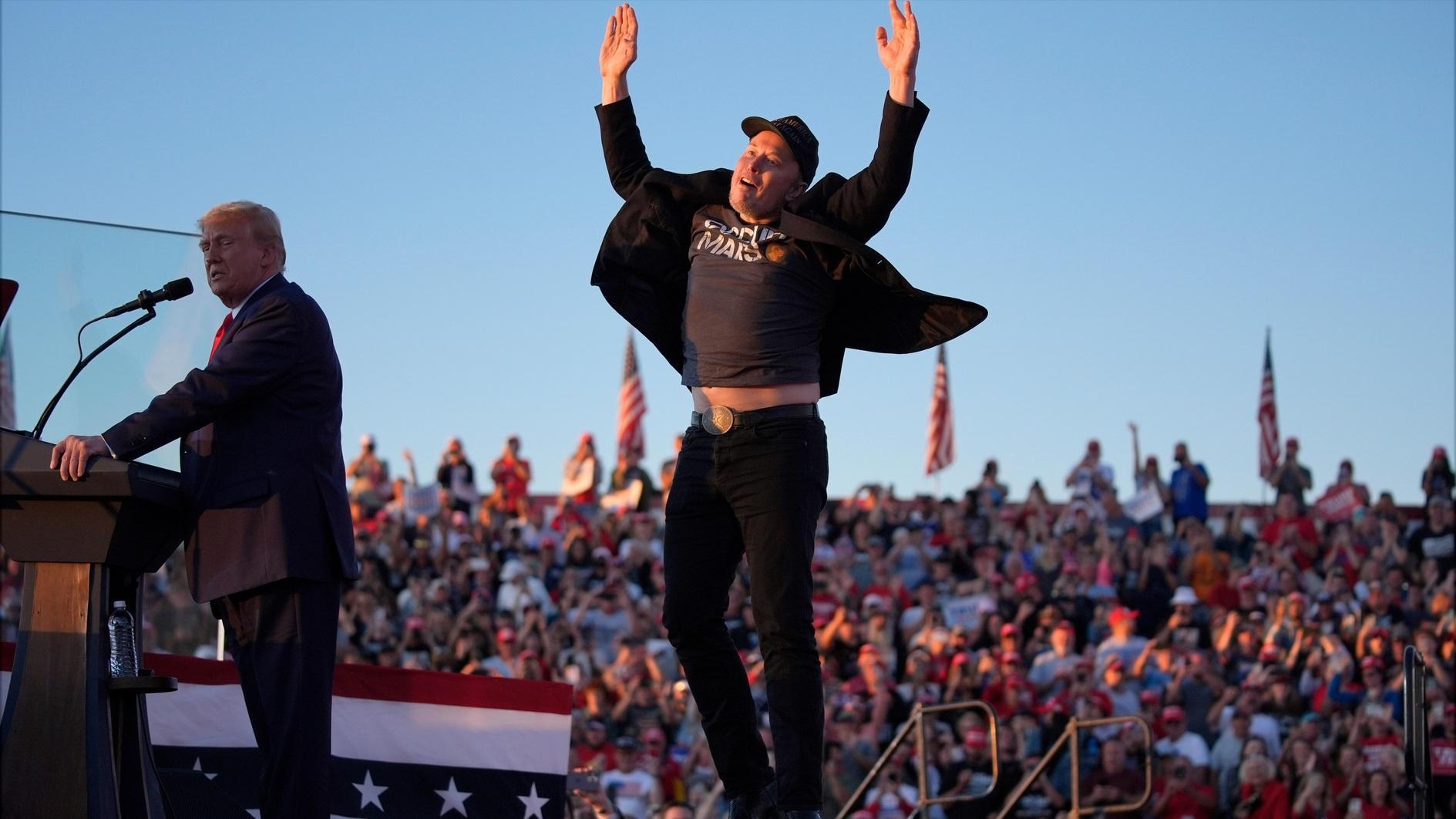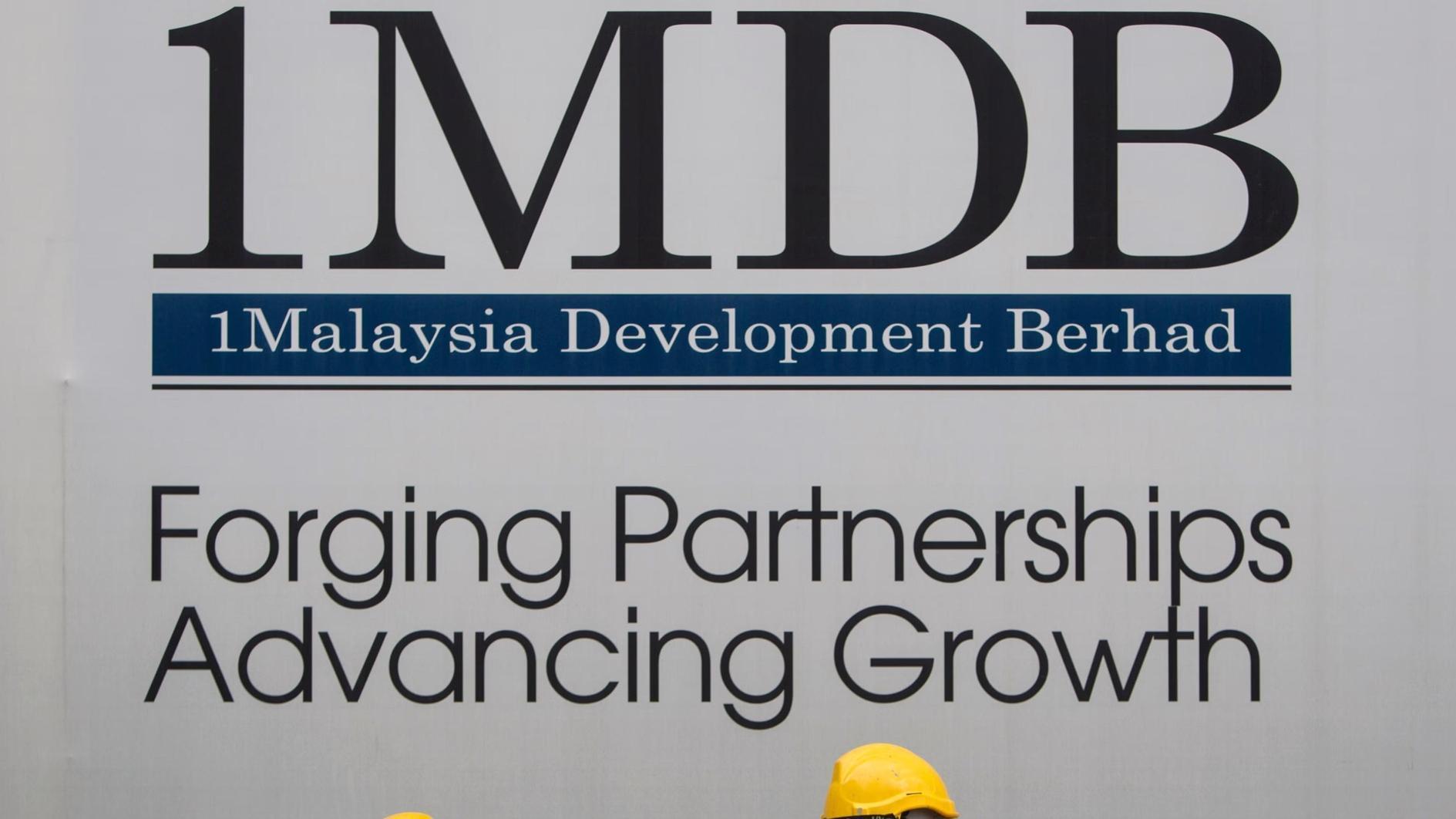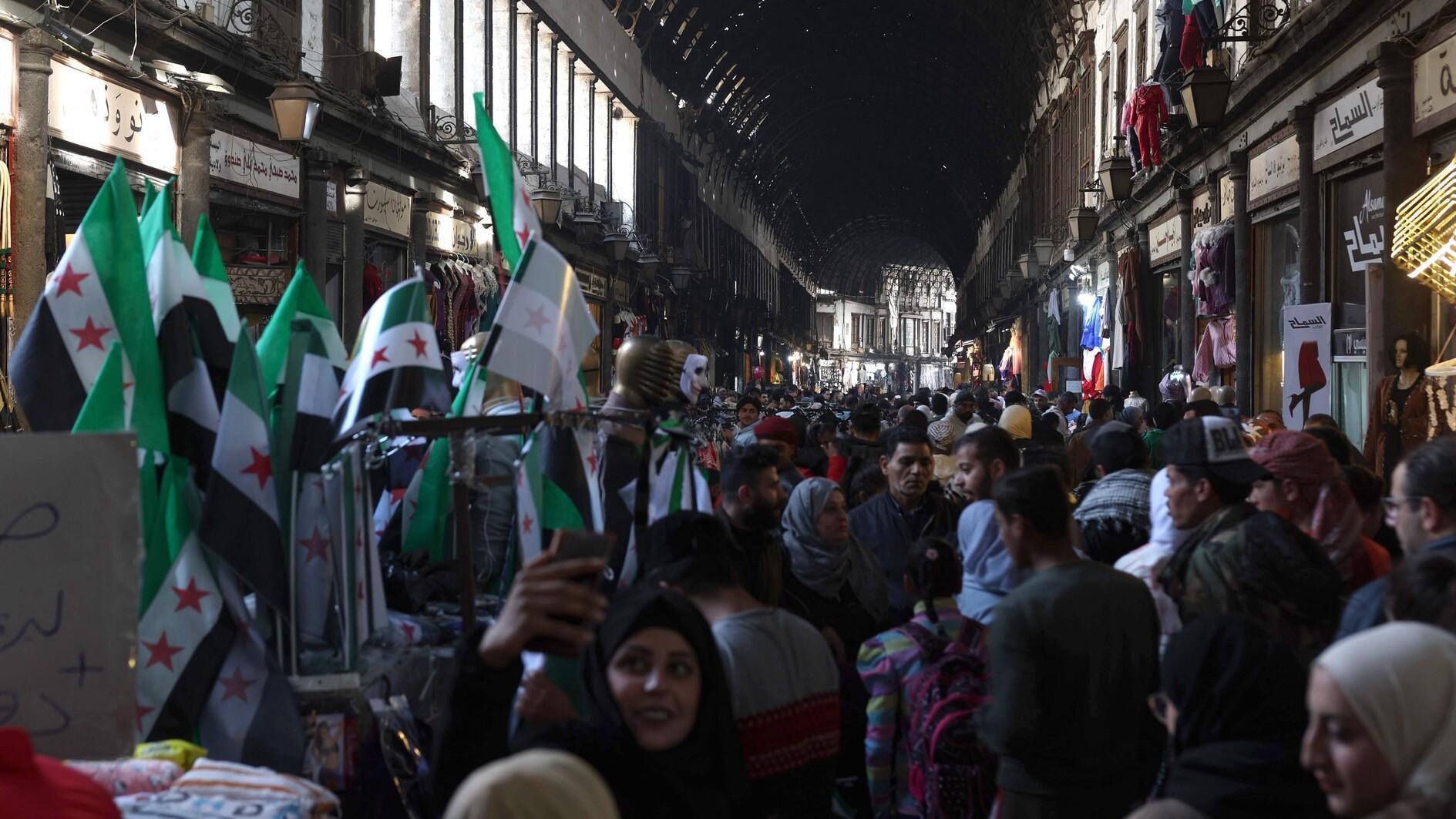Pakistan splits on Malala response
ISLAMABAD- The Associated Press
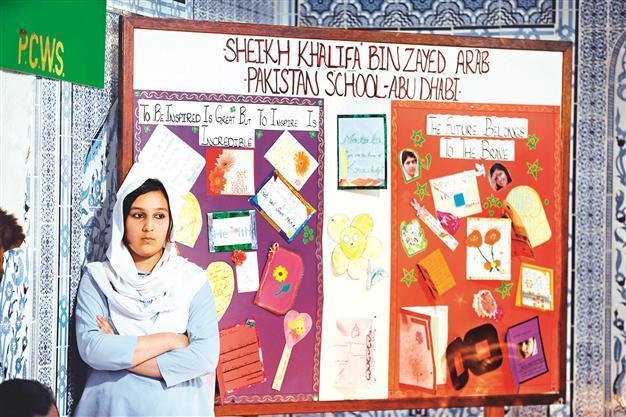
A student stands next to a board decorated with tributes to schoolgirl Malala Yousufzai, who was shot by the Taliban, at the Pakistani Embassy in Abu Dhabi. Pakistani public is divided over government’s response to the shooting. REUTERS photo
Despite widespread outrage over the Taliban shooting of a female teenage activist, Pakistani leaders and opinion-makers are divided over whether the government should respond by targeting the militants’ last major sanctuary along the Afghan border.The United States has long pressed Pakistan to launch an operation in the remote and mountainous North Waziristan tribal area, home to enemies of Islamabad as well as militants fighting U.S. troops in Afghanistan. The recent attack on 14-year-old Malala Yousufzai has given new momentum to the debate. One side argues the government should harness anger over the shooting to build public support for a push into North Waziristan.
The other claims more fighting isn’t the answer and would trigger a violent backlash. They recommend peace negotiations and ending Pakistani support for the U.S. war in Afghanistan.
A Taliban gunman shot and critically wounded Yousufzai on Oct. 9 as she was returning home from school in northwest Pakistan. She was targeted due to her vocal support for girls’ education and criticism of the insurgents’ behavior when they took over the Swat Valley where she lived several years ago. Pakistan’s powerful army chief strongly criticized the attack shortly after it occurred, raising expectations that the military might be laying the groundwork for an operation in North Waziristan.
Cover for Waziristan offensive?
The army conducted a concerted public relations campaign before it launched an offensive in Swat in 2009 by harnessing anger over a video showing a Taliban fighter flogging a woman who allegedly committed adultery. “We refuse to bow before terror,” Gen. Ashfaq Parvez Kayani said the day after Yousufzai was attacked.
Opponents of military action against the Taliban, mainly right-wing Islamists, realized that
outrage over Yousufzai’s shooting could provide the government with the cover needed
to conduct a North Waziristan offensive without appearing to be influenced by the United States.
They responded by publicly accusing the government of using the attack as a pretext to fulfilling U.S. demands. Pakistani politician Imran Khan said that “military action is not a solution.” He and many on the right believe the driving force behind the insurgency is Pakistan’s unpopular alliance with the U.S., and that the proper path forward would be for Islamabad to end its support for the war in Afghanistan and conduct peace talks with the militants.
Critics point out that past peace deals with the Taliban have failed and that the group has repeatedly said it is fighting the Pakistani government both because of its ties to the U.S. and to establish Islamic law throughout the country.
Pakistani Interior Minister Rehman Malik said last week that the government was considering a military operation in North Waziristan, although he took a step back a few days later. The military has long recognized the threat posed by Pakistani Taliban militants in North Waziristan but has been reluctant to launch an offensive there for several reasons.
The army has said its troops are stretched too thin by operations in other parts of the tribal region. But many analysts believe Pakistan does not want to cross other militant groups with whom it has historical ties and which could be useful proxies in Afghanistan after foreign forces withdraw.
These groups, also located in North Waziristan, have primarily focused their fighting on Afghanistan and any operation that upsets them could prompt them to react aggressively toward Pakistan.


